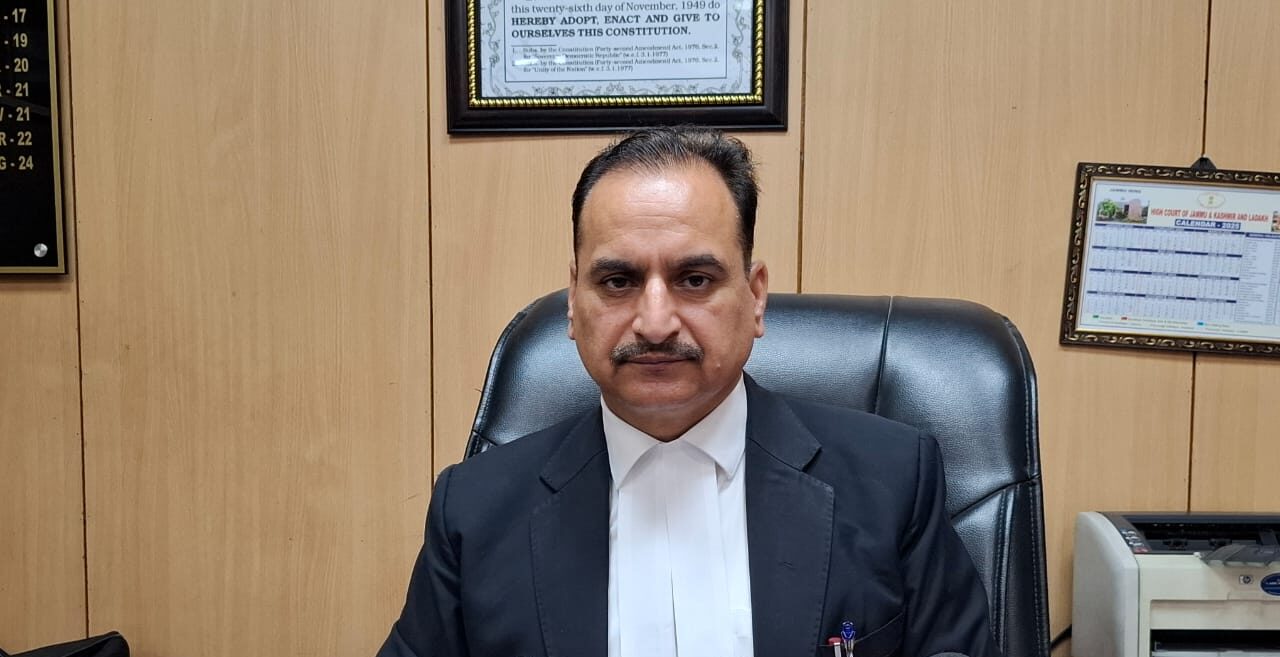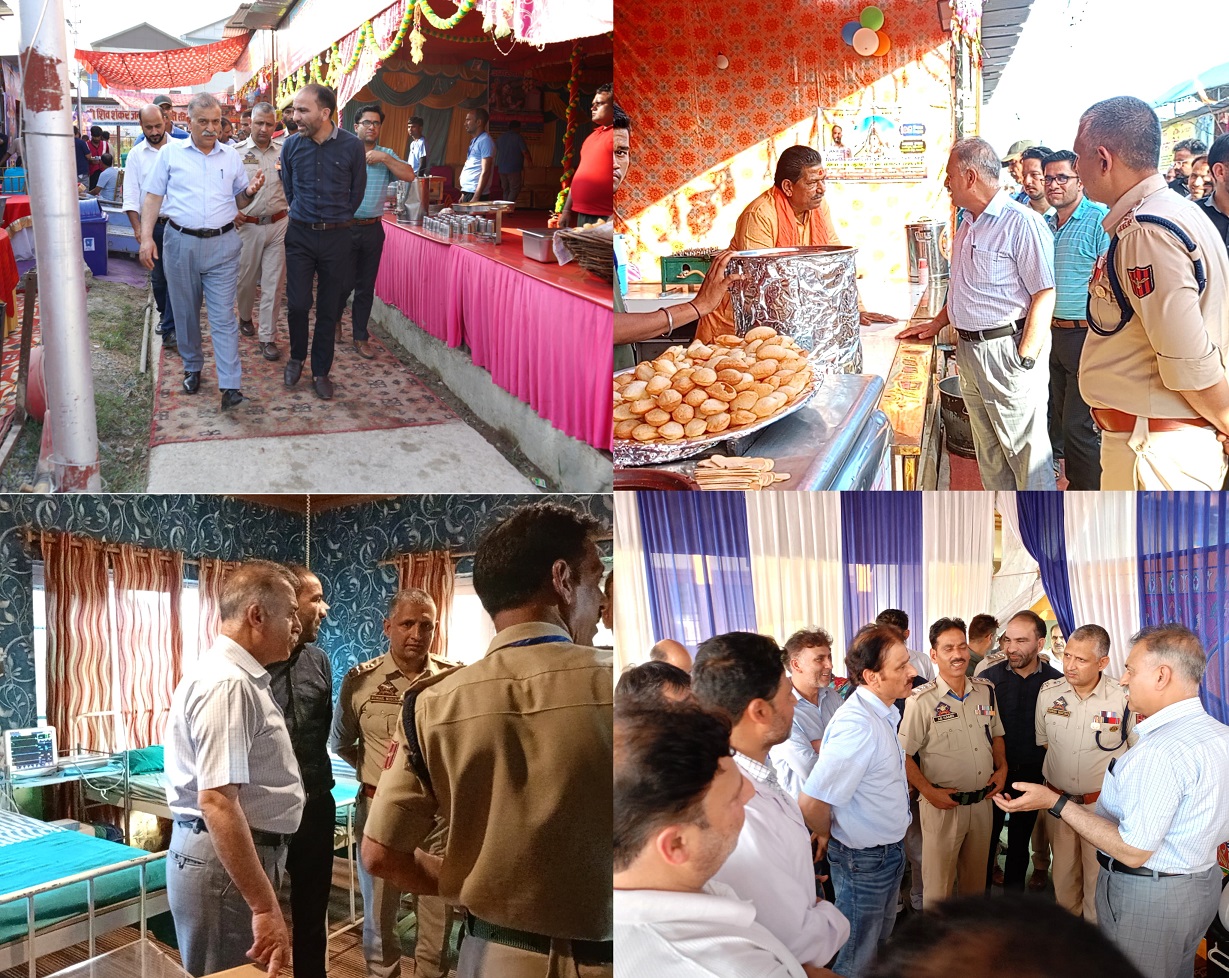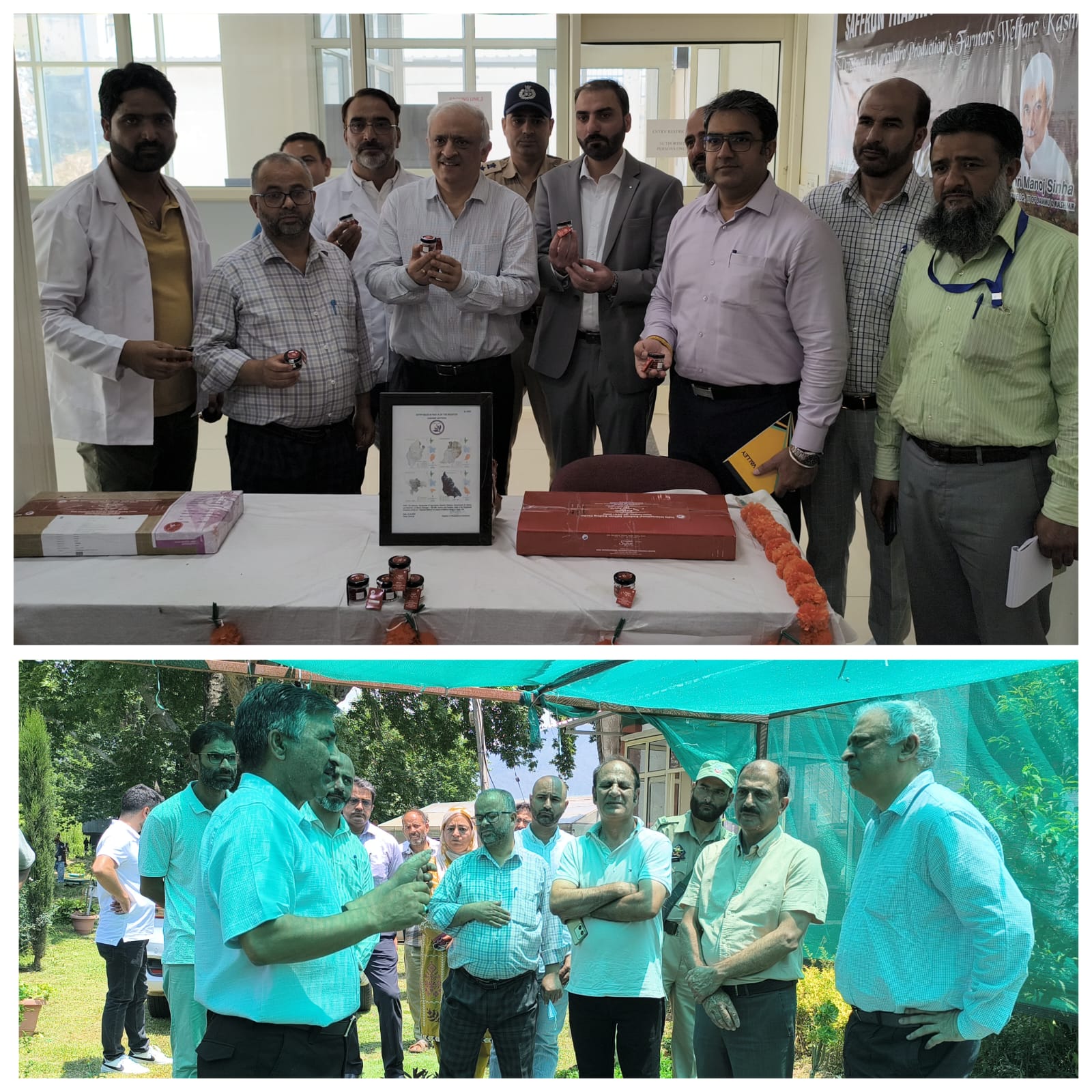At a meeting of the Parliamentary Standing Committee on Home Affairs, MPs urged the government to enhance financial and digital literacy campaigns in smaller towns and villages
Amid growing concerns over rising cyber fraud—particularly in rural parts of the country—the Parliamentary Standing Committee on Home Affairs held a high-level meeting on Wednesday to examine the situation. Officials from key ministries, including Finance, Electronics & IT, Telecommunications, and regulatory agencies like TRAI and CERT-In, briefed the panel on the current landscape and preventive measures in place.
The meeting follows a major CBI-led probe that uncovered 8.5 lakh suspicious bank accounts across 743 branches, triggering nationwide raids and the arrest of 10 individuals last week. The incident raised fresh concerns about the scale and reach of cybercrime.
However, government officials presenting before the committee maintained that cyber fraud was on the decline. Officials from the Department of Financial Services (DFS), under the Ministry of Finance, claimed that only 9 paisa is lost to fraud in every Rs 10,000 of digital transactions—figures they described as indicative of a low fraud rate.
This assessment did not sit well with several MPs, who questioned whether these statistics reflected the ground realities, especially in rural areas. “Most rural users are digitally and financially illiterate. Meanwhile, in urban areas, even those who are well-educated often fall victim to scams,” one MP said. “We cannot generalise based on a few case studies or averages.”
Lawmakers cutting across party lines urged the government to enhance financial and digital literacy campaigns in smaller towns and villages. They highlighted the widespread use of Direct Benefit Transfer (DBT) systems for schemes targeting farmers, women, and low-income households, pointing out that these schemes often reach beneficiaries who lack the digital know-how to detect or report fraud.
“More than 70% of India’s population lives in rural India. DBT and Jan Dhan are excellent initiatives, but they need to be supported by proper awareness and redressal mechanisms,” National Democratic Alliance (NDA) member Krishna Prasad from the TDP stressed, say sources. Another MP from the opposition added, “While digital coverage under government schemes is nearly 100%, awareness levels remain dismally low. How do we expect people to protect themselves?”
In response, officials said efforts were underway to enhance cybersecurity infrastructure. These included additional firewalls, better grievance redressal systems, and interagency coordination.
Some members raised deeper questions about systemic vulnerabilities. “If all precautions are being taken, how do cases like Nirav Modi and Mehul Choksi still happen?” an opposition MP asked, pointing to high-profile financial crimes that have dented public trust.
“Despite the government calling the kind of frauds happening as small, for a rural area, even a few paisa lost is money lost. We have seen such episodes and the ripple effect they can have, even on TV shows and OTT. It is the responsibility of the government to protect the common man’s interest and every penny that they are entrusting the bank with,” a member is said to have stated during the meeting.
The two-day discussion titled “Cyber Crime—Ramifications, Protection and Prevention” is being chaired by BJP MP Radha Mohan Das Agrawal. Thursday’s session will include presentations from the Ministry of External Affairs, Ministry of Corporate Affairs, Financial Intelligence Unit-India (FIU-IND), Central Bureau of Investigation (CBI), and National Investigation Agency (NIA), among others. Members are expected to ask questions on various aspects of international fraud in cyberspace and what the government is doing to protect the common man, especially with the risk of this money being used for anti-national activities.




















